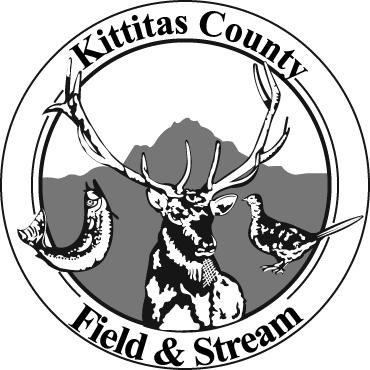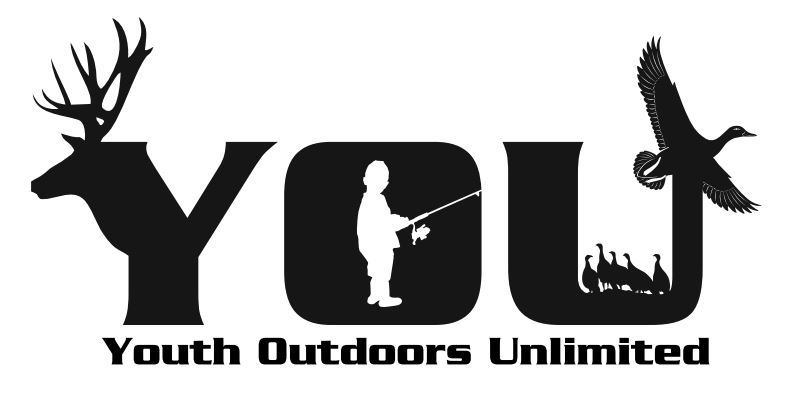As you are no doubt aware, our DFW (Washington State Department of Fish and Wildlife) has come under increasing budgetary stress over the last decade and more. It has yet to recover from the hits it took from the recession of 2008, and has repeatedly been denied sufficient operating funds by the Legislature and Governor’s Office. While many of us argue loudly and often over programs and policies to be funded, dropped, or whatever, the fact is that the Department needs money to do the work it was formed to do. In this time of decreasing hunting numbers – and therefore diminishing funding – it is especially critical that the Department be able to grow its outreach programs as it carries forward with its mission of looking after our wildlife.
This is a very big deal. In January, representatives of nearly 50 very diverse stakeholder organizations across our state sent the following to legislators. (Find the entire list at www.conservationnw.org/news-updates/legislature-fully-fund-fish-and-wildlife/.)
‘Today, a set of diverse organizations representing hunters and anglers, wildlife advocates, and outdoor recreation interests called on the Washington State Legislature to appropriate all of the $26 million in operating funds requested for the coming fiscal year by the Department of Fish and Wildlife (WDFW) in the upcoming session. This is substantially more than what Governor Inslee included in his budget request, which contains just $15.6 million in general operating funds for WDFW, though the Governor’s budget also includes $8.2 million that would accrue in the unlikely event that a bill passed to increase certain hunting and fishing license fees.
“Many of these same groups worked last year in favor of the Legislature appropriating $45 million in biennial operating funds (plus $17 million from a license fee increase bill that did not pass), of which a mere $24 million was provided onetime, rather than ongoing. Greater funding is needed to preserve and restore the Evergreen State’s fish and wildlife heritage, especially given growing challenges ranging from salmon and orca recovery to elk hoof disease, habitat loss and wolf management.
“If the Legislature were to fund the entire $26 million requested today, the total $50 million bump for this biennium would allow the agency to continue its existing level of service—providing recreational and commercial opportunities for Washingtonians while stewarding our state’s fish, wildlife and the habitat they depend on. This basic level of service has been put at significant risk by a structural deficit in the Department’s budget, where ongoing costs (like mandated payroll increases, Endangered Species Act requirements, and demand for outdoor opportunity from the state’s growing population) have been funded for only the initial year by onetime money. The costs continue in later years. This exacerbates an agency budget that is still not restored from cuts dating to the 2008 recession. This deficit grows each biennium as onetime solutions temporarily fill the gap, only to expire and leave a larger hole.
“In 2017, the Legislature challenged the Department to find savings, requiring it to submit to evaluation by an outside management consultant, undertake a zero-based budget exercise, and assemble a citizen advisory group to identify areas for budget cuts. That citizen advisory group, the Budget and Policy Advisory Group (BPAG), seeing what damage such cuts would cause, coalesced in support of the Department’s mission and in favor of it being sufficiently funded to succeed. This statement from leaders of diverse WDFW stakeholder groups reinforces that demand.
“Perspectives from [some] outdoor leaders:
“Butch Smith, of Ilwaco Charter Association: ‘Department of Revenue estimates that wildlife watching, hunting and fishing contribute about $170 million dollars per year to the State General Fund. Rural communities and businesses like mine depend on the activity that generates those tax revenues…’
“Rachel Voss, a Tieton resident with the Mule Deer Foundation: ‘Hunting is what I live for. Our game populations and experiences face countless challenges these days, and only a strong agency offers the chance of answering those challenges and passing on our hunting heritage.’
“Mitch Friedman, of Conservation Northwest: ‘Spending on wildlife diversity and outdoor recreation is particularly lacking, representing less than four percent of the Department’s budget and only a small share of General Fund appropriations to WDFW. WDFW has only enough money to implement five percent of its State Wildlife Action Plan. Biodiversity is at growing risk with this weak funding trend.’
“Jen Syrowitz, of the Washington Wildlife Federation: ‘Persistent underfunding puts Washington’s natural heritage at risk. …74 percent of Washingtonians support WDFW funding from both public tax dollars and sportsmen licenses.’
“The case for fully-funding WDFW remains evident. Not only are Washington’s wildlife and ecosystems critical to our quality of life, they are under increasing pressure from our state’s burgeoning population and increasing development. WDFW is the agency primarily tasked with sustaining our state’s priceless natural heritage against these threats.
“Leaders from the outdoor, sportsmen, and conservation communities are calling on the legislature to fully-fund WDFW’s 2020 budget request through a $26 million appropriation from the General Fund.”
Next week, we will look at kids and outdoor training/experience programs.




